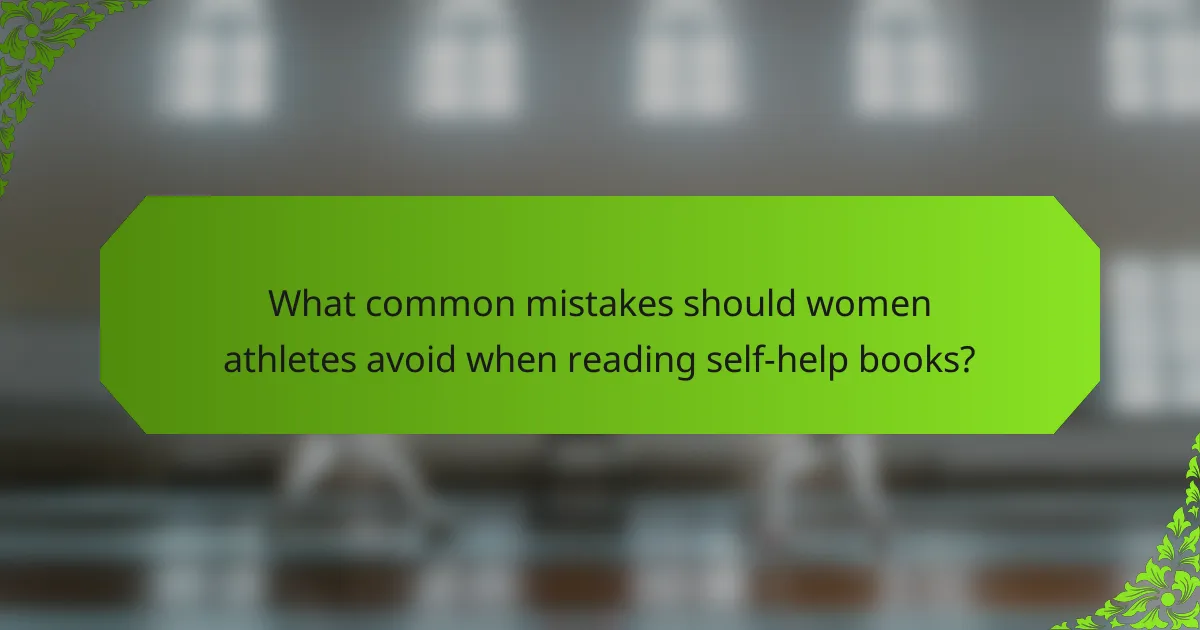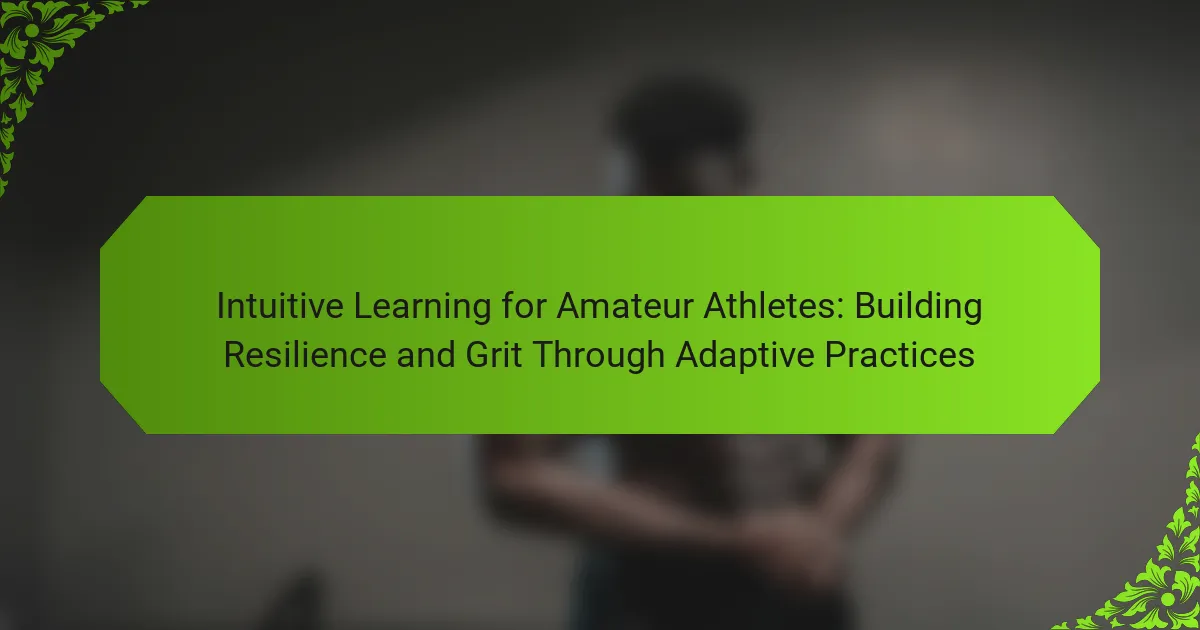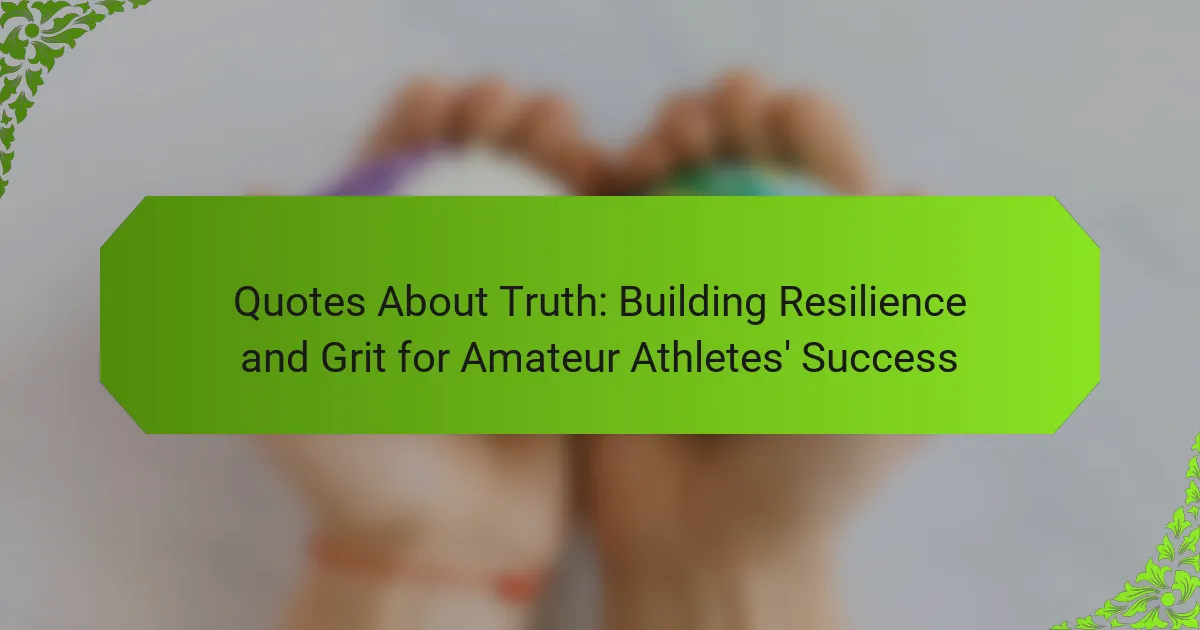Women athletes often face unique challenges in building resilience, grit, and mental strength. This article explores essential self-help books that empower athletes to enhance confidence, develop a positive mindset, and set achievable goals. It highlights practical strategies for coping with failure, maintaining motivation, and integrating mindfulness practices. Additionally, it emphasizes the importance of community support and personalization in applying these insights effectively.

What are the key self-help themes for women athletes?
Self-help themes for women athletes focus on resilience, mental strength, and grit. These themes empower athletes to overcome challenges and enhance performance. Key themes include building confidence, developing a positive mindset, and fostering self-discipline. Additionally, themes such as goal setting, coping with failure, and maintaining motivation are crucial. Many self-help books emphasize these aspects, providing practical strategies and insights tailored for women athletes.
How do resilience and grit contribute to athletic performance?
Resilience and grit significantly enhance athletic performance by fostering mental toughness and perseverance. These traits help athletes overcome challenges, maintain focus, and push through adversity. Research indicates that athletes with high resilience show improved recovery rates and sustained motivation during training and competition. Grit, defined as passion and perseverance for long-term goals, enables athletes to commit to their training regimens and stay dedicated despite setbacks. Integrating self-help books focusing on these attributes can further equip women athletes with strategies to cultivate resilience and grit, ultimately leading to better performance outcomes.
What psychological benefits do self-help books offer?
Self-help books offer significant psychological benefits for women athletes, enhancing resilience, grit, and mental strength. These books provide strategies for overcoming challenges, fostering a growth mindset, and improving self-esteem. They often include practical exercises that promote emotional regulation and stress management. As a result, women athletes can develop a stronger sense of self-efficacy, which is crucial for peak performance. Engaging with these texts can lead to improved focus and motivation, ultimately enhancing athletic performance and personal growth.
Which cognitive strategies enhance mental strength?
Cognitive strategies that enhance mental strength include positive self-talk, visualization, and mindfulness. These techniques help athletes build resilience and focus.
Positive self-talk fosters a growth mindset, enabling women athletes to overcome challenges. Visualization allows them to mentally rehearse performance, improving confidence and reducing anxiety. Mindfulness practices enhance present-moment awareness, promoting emotional regulation and stress management.
Incorporating these strategies into training can lead to improved performance and greater mental fortitude.
How can visualization techniques improve resilience?
Visualization techniques can significantly enhance resilience by fostering mental clarity and focus. These techniques enable women athletes to mentally rehearse challenges, improving their coping strategies during stressful situations. Research indicates that visualization can increase confidence and reduce anxiety, essential attributes for building mental strength. Regular practice of these techniques cultivates a unique ability to maintain composure and grit, especially in competitive environments. Engaging with visualization exercises can lead to measurable improvements in performance and emotional regulation.

What are the most recommended self-help books for women athletes?
The most recommended self-help books for women athletes focus on building resilience, grit, and mental strength. Titles like “The Confidence Code” by Katty Kay and Claire Shipman, “Grit” by Angela Duckworth, and “Mind Gym” by Gary Mack provide strategies to enhance mental toughness. “Unshakeable” by Tony Robbins offers insights into overcoming obstacles. “The Power of Now” by Eckhart Tolle helps athletes stay present, while “You Are a Badass” by Jen Sincero inspires self-belief. These books collectively empower women athletes to navigate challenges and achieve their goals.
Which authors specialize in resilience and grit?
Several authors specialize in resilience and grit, particularly in the context of self-help for women athletes. Notable figures include Angela Duckworth, known for her book “Grit,” which explores perseverance and passion. Brené Brown focuses on vulnerability and courage in works like “Daring Greatly.” Carol Dweck’s “Mindset” emphasizes the importance of a growth mindset for overcoming challenges. Additionally, Sheryl Sandberg’s “Option B” addresses resilience in the face of adversity. These authors provide valuable insights for building mental strength and resilience.
What insights do Brene Brown’s works provide?
Brené Brown’s works provide profound insights into vulnerability, courage, and resilience, crucial for women athletes. Her research emphasizes the importance of embracing vulnerability as a strength, fostering authentic connections, and cultivating mental toughness. These principles help athletes build grit and navigate challenges effectively. Brown’s focus on self-compassion encourages women to overcome setbacks and maintain motivation. Integrating her insights into training regimens can enhance mental strength and overall performance.
How does Angela Duckworth define grit?
Angela Duckworth defines grit as a combination of passion and perseverance for long-term goals. It emphasizes sustained effort and commitment, rather than talent alone. Duckworth’s research highlights that grit can be developed and is crucial for success in challenging pursuits, including athletic performance.
What are the core features of effective self-help books?
Effective self-help books for women athletes emphasize resilience, grit, and mental strength through relatable narratives, practical strategies, and scientific insights. Core features include actionable exercises that promote self-reflection, relatable success stories from women athletes, and evidence-based techniques for mental fortitude. Unique attributes involve a focus on female-specific challenges in sports, fostering community support, and addressing issues like body image and performance anxiety. These elements collectively empower women athletes to cultivate a strong mindset and overcome obstacles in their athletic journeys.
How do personal anecdotes enhance relatability?
Personal anecdotes enhance relatability by creating emotional connections between authors and readers. They allow women athletes to see their struggles reflected in the experiences of others, fostering a sense of shared journey. This connection is vital in self-help literature, as it encourages resilience and grit. For instance, stories of overcoming adversity can inspire readers to persevere through their own challenges. Personal narratives also offer practical insights, making the advice more applicable and engaging.
What role does scientific research play in credibility?
Scientific research enhances credibility by providing evidence-based insights that support claims. In the context of self-help books for women athletes, research validates strategies for building resilience, grit, and mental strength. Studies show that mental training correlates with improved performance, making scientifically backed books more trustworthy. Authors who cite research establish authority, ensuring readers receive effective guidance.

What unique approaches do these books take?
These books offer unique approaches by focusing on resilience, grit, and mental strength tailored specifically for women athletes. They emphasize personal narratives, practical exercises, and evidence-based strategies to enhance mental toughness. For example, some books incorporate mindfulness practices to help athletes manage stress and improve performance. Others highlight the importance of community support and mentorship, which are crucial for women’s success in sports. This combination of personal insights and actionable techniques distinguishes these self-help resources from traditional sports psychology literature.
How do they incorporate personal narratives?
Best self-help books for women athletes incorporate personal narratives to illustrate resilience and grit. These stories provide relatable experiences, demonstrating how athletes overcome challenges. By sharing personal journeys, authors create a connection that motivates readers. This unique attribute enhances the learning experience, making concepts of mental strength more tangible. As a result, readers gain insights that can be applied to their own athletic journeys.
What role does community support play in these practices?
Community support is crucial for women athletes as it fosters resilience, grit, and mental strength. Engaging with supportive networks enhances motivation and accountability, which are essential for overcoming challenges. Studies show that social connections can significantly impact mental well-being and performance in sports. Furthermore, shared experiences within a community can provide unique insights and strategies, amplifying the benefits of self-help books tailored for women athletes.

What are some rare yet impactful practices discussed?
Some rare yet impactful practices include visualization techniques, breath control exercises, and mindfulness meditation. These methods enhance mental fortitude and resilience in women athletes. Visualization allows athletes to mentally rehearse performances, improving confidence and focus. Breath control exercises help manage anxiety and maintain composure under pressure. Mindfulness meditation fosters self-awareness and emotional regulation, crucial for peak performance. Integrating these practices into training can significantly boost mental strength and overall athletic success.
How can journaling foster resilience in athletes?
Journaling can significantly enhance resilience in athletes by promoting self-reflection and emotional processing. It allows athletes to track their thoughts, feelings, and progress, fostering a growth mindset. This practice helps identify challenges and develop coping strategies, ultimately building mental strength. Regular journaling can lead to improved focus and motivation, essential attributes for athletic performance.
What unconventional techniques are suggested for mental strength?
Unconventional techniques for mental strength include visualization, mindfulness meditation, and embracing discomfort. These methods enhance resilience and grit, crucial for women athletes. Visualization involves mentally rehearsing success, while mindfulness helps manage stress. Embracing discomfort builds tolerance, fostering a growth mindset.

What common mistakes should women athletes avoid when reading self-help books?
Women athletes should avoid overgeneralizing advice, neglecting personal context, and failing to apply insights. Many self-help books offer broad strategies that may not resonate with individual experiences. Personalization is crucial for effective application. Additionally, athletes should be cautious of ignoring scientific evidence in favor of anecdotal success stories. Lastly, not integrating learned techniques into daily routines can hinder progress.
How can misinterpretation of advice hinder progress?
Misinterpretation of advice can significantly hinder progress for women athletes. When guidance is misunderstood, it can lead to ineffective training methods, decreased motivation, and increased self-doubt. For instance, advice on resilience may be taken as an endorsement to ignore pain, risking injury. This misalignment can derail mental strength development, ultimately affecting performance. Correct interpretation of advice is crucial for building grit and achieving athletic goals.
What are the pitfalls of unrealistic expectations?
Unrealistic expectations can hinder progress and lead to disappointment. They may create unnecessary pressure, resulting in burnout and decreased motivation. Women athletes, in particular, may feel inadequate when comparing themselves to idealized standards. This disconnect can undermine mental strength and resilience, essential traits for success. Setting achievable goals fosters a healthier mindset and promotes sustained growth.

What actionable strategies can women athletes implement immediately?
Women athletes can implement strategies from self-help books to enhance resilience and mental strength. Key actions include setting clear goals, practicing mindfulness, and developing a strong support network. These techniques foster grit and improve performance under pressure. Prioritizing mental training is essential for achieving long-term success.
How can athletes create a personalized resilience plan?
Athletes can create a personalized resilience plan by identifying specific challenges, setting clear goals, and incorporating strategies from self-help books tailored for women athletes. First, assess personal strengths and weaknesses to understand resilience needs. Next, establish achievable, measurable goals that focus on mental toughness and grit. Finally, integrate techniques from books that emphasize visualization, positive self-talk, and stress management. These resources provide valuable insights and actionable steps to enhance mental strength and adaptability in sports.
What daily habits can strengthen grit and mental toughness?
To strengthen grit and mental toughness, women athletes can adopt daily habits such as setting specific goals, practicing mindfulness, and maintaining a consistent training routine. These habits build resilience and enhance mental strength over time.
1. Set specific, achievable goals to provide direction and motivation.
2. Practice mindfulness techniques to improve focus and reduce stress.
3. Maintain a consistent training routine to develop discipline and perseverance.
4. Reflect on challenges and learn from setbacks to foster growth.
5. Surround yourself with supportive individuals who encourage resilience.



